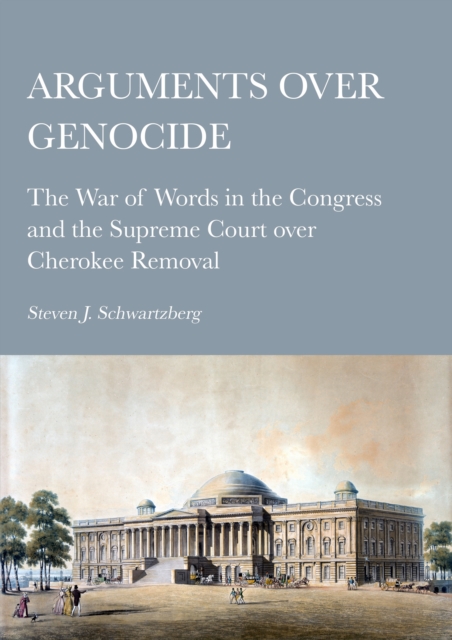
Arguments over Genocide : The War of Words in the Congress and the Supreme Court over Cherokee Removal PDF
Edited by 1
Description
The politics of domination with which the United States oppresses and exploits the Native Nations, is a violation of the intentions of the framers of the Constitution, and the meaning of the text itself.
The arguments of the advocates of the genocide of the 1830s and their appeasers have come to determine the law, policy, and conduct of the United States, while the arguments of the opponents of what came to be known as the Trail of Tears have largely been forgotten, at least among non-Native people.
By recovering these arguments, and allowing readers to explore large questions of law, justice, genocide, and politics in a context closely tethered to empirical evidence and careful argument, this book should facilitate more widespread understanding of the Native Nations' rights to their treaty-guaranteed dominion over their own lands and perhaps help open communication between the American people and the peoples of the Native Nations; communication on which the emergence of what Martin Luther King, Jr. called "the beloved community" depends. Arguments over Genocide aims to reach a broad audience of college students, in courses on American History, Indigenous Studies, and the United States and the World, as well as in more specialized upper division courses on constitutional law, American/European imperialism, and resistance, independence, and decolonization movements. Individuals interested in the founding of the United States, in the Trail of Tears, and in 19th century American history should find the work compelling, as should legal practitioners in the field.
Information
-
Download - Immediately Available
- Format:PDF
- Publisher:Ethics International Press
- Publication Date:25/11/2023
- Category:
- ISBN:9781804411087
Information
-
Download - Immediately Available
- Format:PDF
- Publisher:Ethics International Press
- Publication Date:25/11/2023
- Category:
- ISBN:9781804411087






